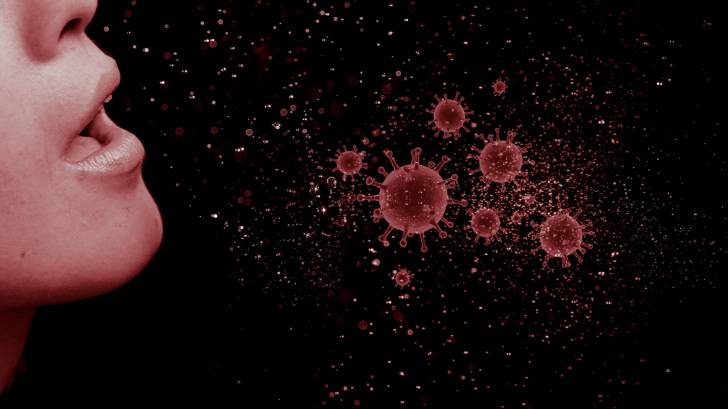A team of researchers at the University of California, Davis Health, has taken a crucial step in explaining how COVID-19, the infection caused by the severe acute respiratory syndrome-coronavirus-2 (SARS-CoV-2), could be transmitted from the mother to her newborn baby.
The researchers, who published their findings earlier this month in the American Journal of Perinatology, defined the mother to fetal transmission as “vertical” transmission.
They said it is important to understand the timing and the route of infection in the mother-to-fetal transmission.
Study author and pediatric infectious disease expert at UC Davis Health Dr. Dean Blumberg said, “There is concern that mother’s infection during pregnancy may result in transmission to the baby. We are pleased to have the opportunity to offer a framework to look at different possible transmission pathways.”
To date, it is not well-established how COVID-19 spreads from mother to fetus. However, there are a few potential mechanisms of vertical transmissions of the virus.
There could be an intrauterine transmission, which may occur at any time during pregnancy. If the mother has the virus in her blood, the infection could be transmitted through the placenta. If the transmission occurs late in pregnancy, the baby may be get infected at the time of delivery.
The baby may show a positive swab result from day two to day 14 after birth. The baby could also test positive for antibodies during the first two to three weeks of postnatal life.
The researchers explained that superficial exposure to COVID-19 is possible, meaning the child may transiently be tested positive for the virus soon after delivery without actually getting infected.
If the coronavirus is detected in the amniotic fluid, umbilical cord blood, or in the infant’s blood or respiratory sample on the first day after delivery, the infant might have subsequent negative tests and does not have an intense immune response that indicates infection.
Dr. Satyan Lakshminrusimha, Physician-In-Chief of Children’s Hospital, UC Davis Health, said, “In case of the mother’s confirmed infection with SARS-CoV-2, we recommend as a minimum procedure a swab of the respiratory tract of the newborn in the first and second 24-hour periods.” “If initial SARS-CoV-2 swab tests negative, it may be repeated if the baby shows symptoms,” he added. “There may be a role for antibody testing in selected patients to diagnose past infection.”























